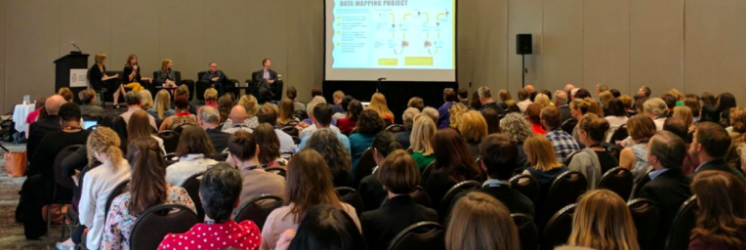It’s true: If it doesn’t challenge you, it doesn’t change you.
On one hand, I absolutely love it when nonprofiteers call Know Your Own Bone and the data and analysis provided here “controversial.” It means that I – and IMPACTS – are making people think and sparking conversations. On the other hand, I think calling data “controversial” shows how far nonprofits have to go before they understand the need to evolve in order to be both relevant and sustainable. Data is data. Facts are facts. These ones are not biased. They are not “set up.” Their purpose is...Never miss the latest read on industry data and analysis.
Already have an account? Sign In


